The impacts of climate change and accounts of climate disasters surround us. Becoming overwhelmed about future predictions and harbouring a sense of hopelessness could be forgiven, in the face of it all.
Eco-anxiety, or chronic fear of environmental doom, has risen in our student populations over recent years. However, human innovation and scientific capability are key attributes in the fight against eco-anxiety.
Only 70 years ago, London was routinely enveloped in a thick, choking smog, caused primarily by industrial pollution. Yet, today, the skies above the city are much clearer, with the belching chimneys consigned to the past.
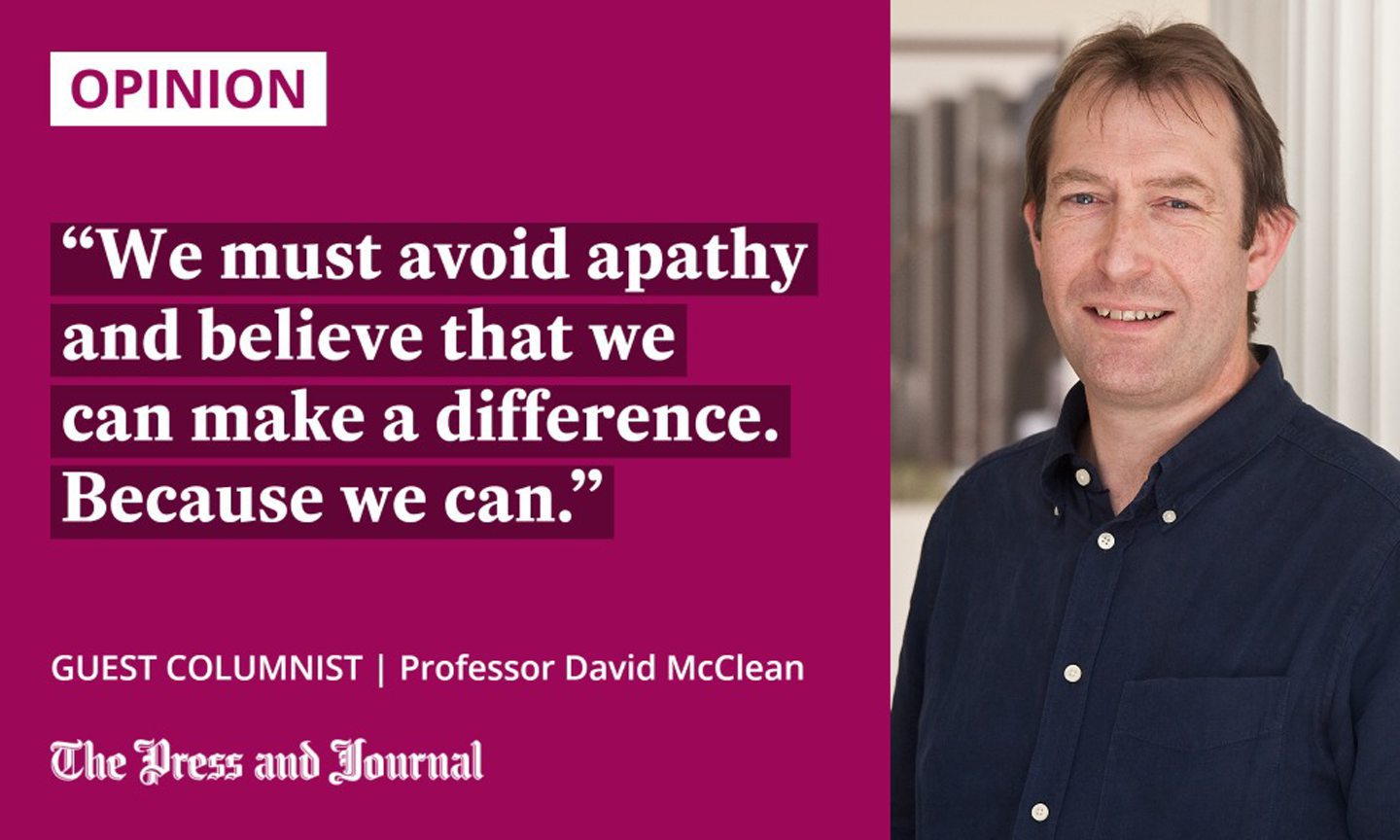
Now, society is increasingly engaging with today’s challenges. Did you know that scientists have generated power from living plants, or that it is predicted that the hole in the ozone layer – a major global concern at the end of last century – will be substantially restored by 2060? The first is the result of scientific excellence and ingenuity, the second the combination of science and political commitment.
Projects like these come about not just through invention and power, but also through belief. We may all have negative feelings sometimes, but we must avoid apathy and believe that we can make a difference. Because we can.
Problem-solvers start by acquiring knowledge
The power of collective care is captured in Mary Robinson’s inspiring book, Climate Justice: a diverse collection of grassroots stories celebrating humble ideas of local impact that catalyse wider action and political will. The extraordinary belief, tenacity, and resourcefulness exemplified in the stories reminded me that no idea, or nobody, is too small to effect change.
Action often precedes policy and is, indeed, instrumental in igniting a political spark. The people behind each project recognised their ability to act, which empowered them to take action. They did not wait for political forces to align, but exercised their agency in ways that exposed the problems as well as potential solutions, until those in power, at whatever level, took note.
Those problem-solvers, people like you and I, started by acquiring knowledge. Whether you are anxious about the world and what the future brings or informed and already active, learning is the ingredient that brings proportion to problems and increases confidence, agency, and the power to effect change.
Climate Week North East (March 24 to April 2) will involve several events to educate the public about sustainability. RGU is also developing climate literacy training for all students and staff, providing that first foothold in developing the confidence and perspective to contribute positively to our collective future.
Above all, in the words of Christiana Figueres, former executive secretary of the United Nations Framework Convention on Climate Change, we should all remain “stubbornly optimistic”. The more we know, the more we can achieve.
Professor David McClean is strategic lead for embedding sustainability at RGU
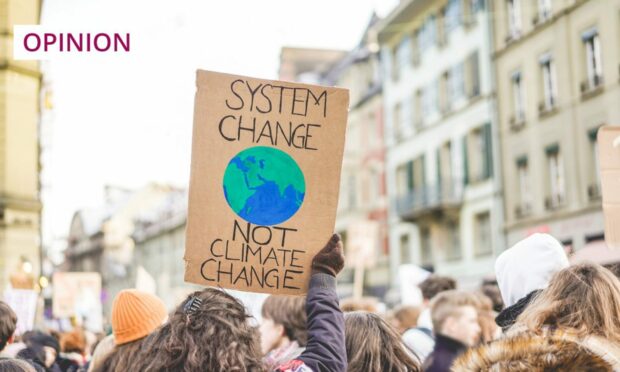
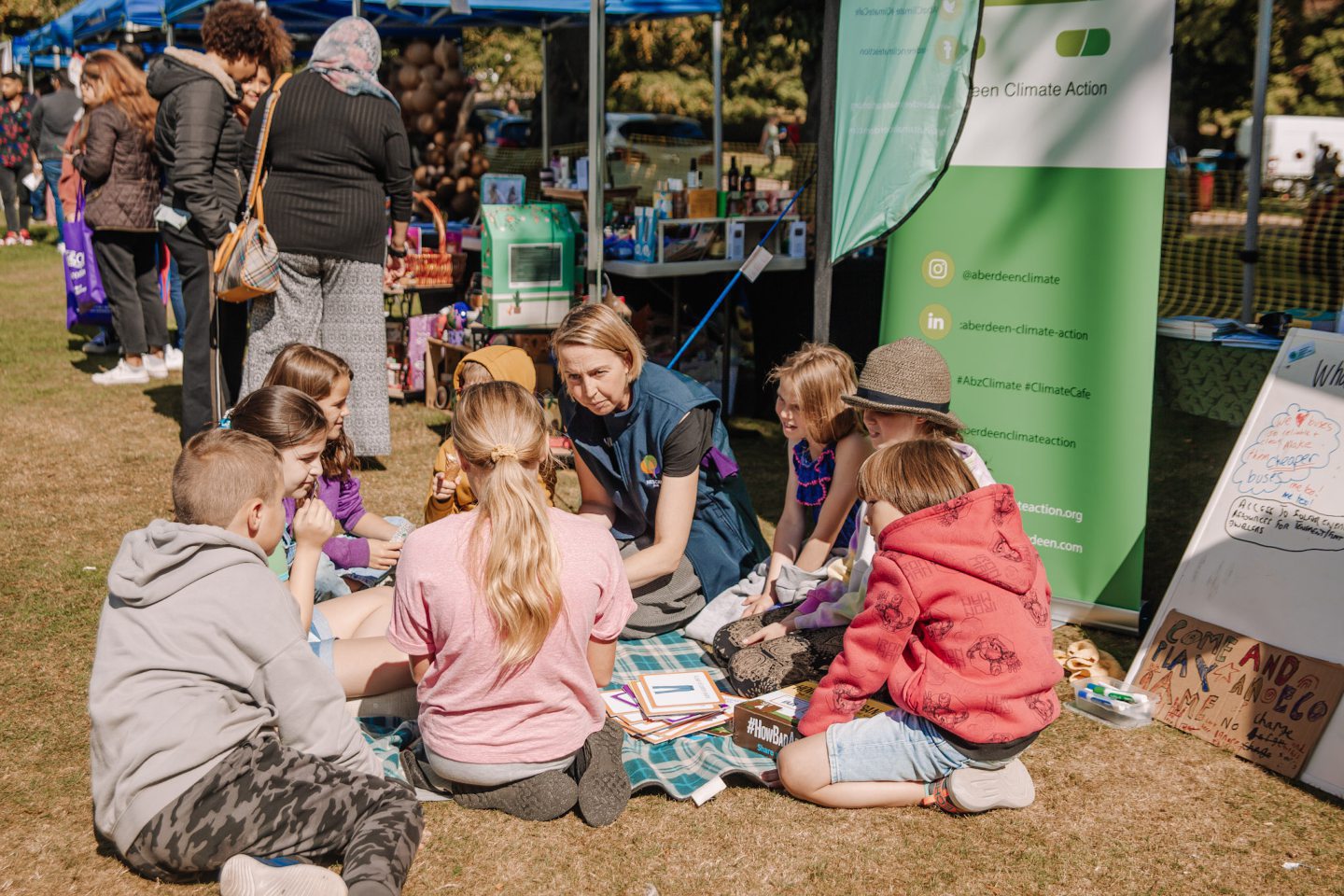
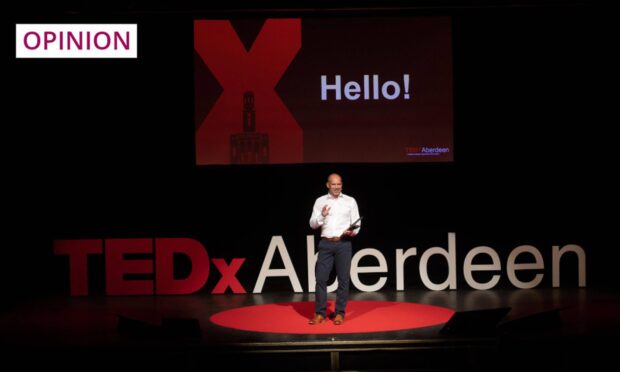

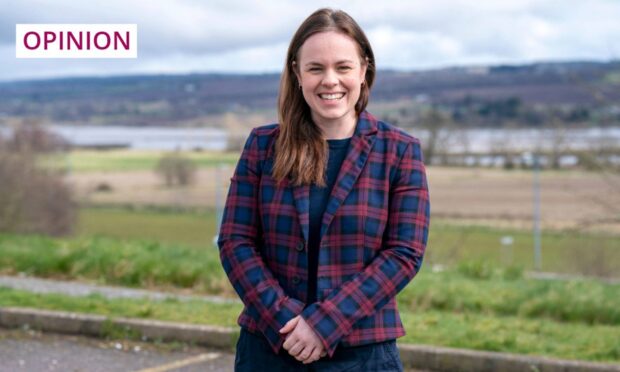

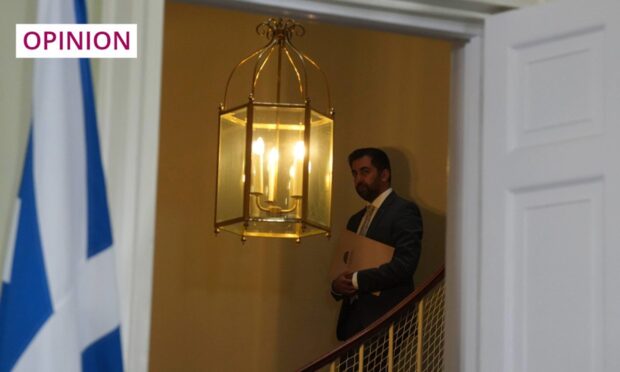





Conversation